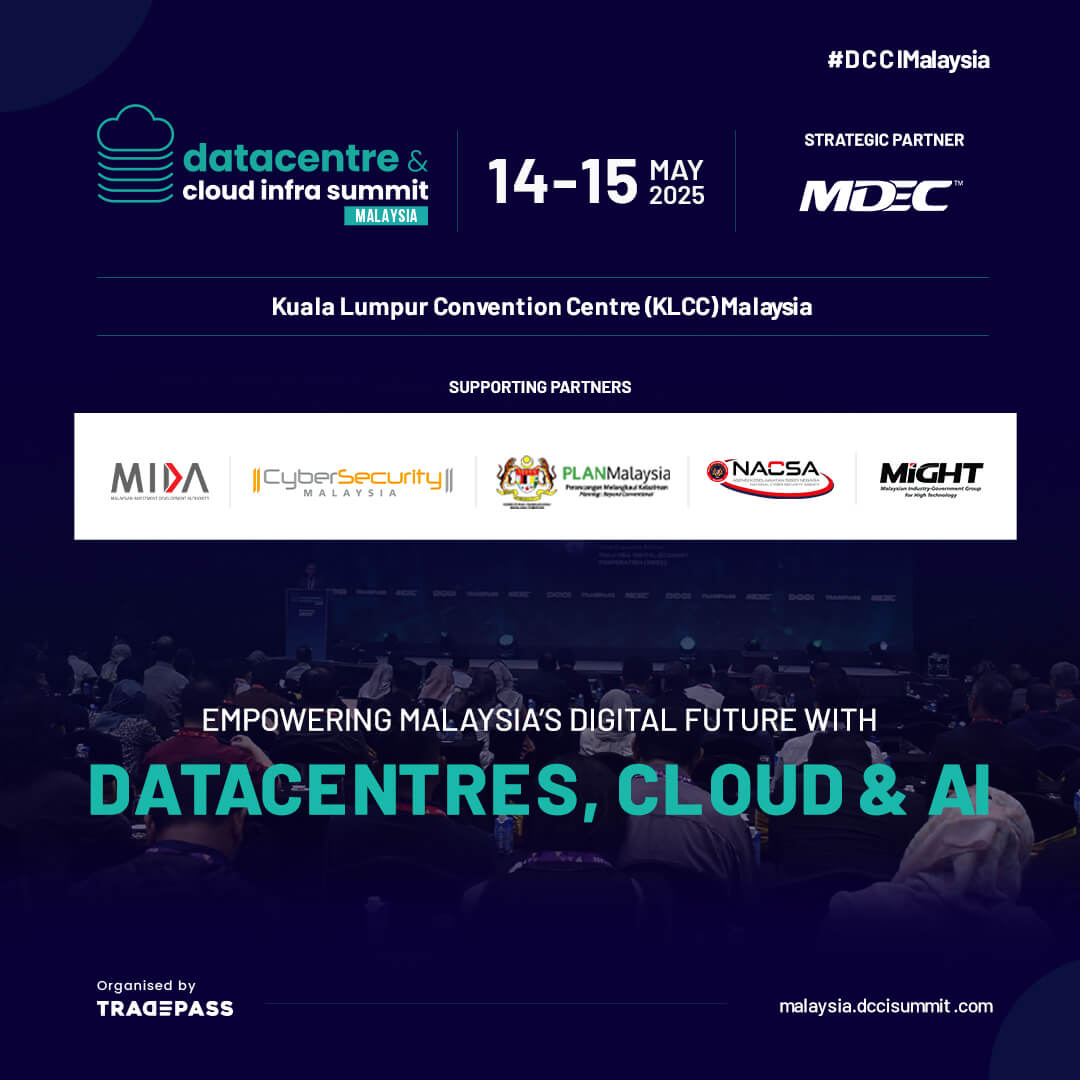Heaptalk, Jakarta — Telkom Indonesia, in collaboration with the local community, has initiated the development of a tourism village in Kramat Village, Karangmoncol District, Purbalingga Regency, Central Java.
Kramat Village was scheduled to be developed from October to November 2024. Several projects have already been completed, including constructing a village gate, installing camera traps for wildlife population monitoring, building a seedling house, and equipping an observation tower with binoculars, waste bins, maps, and signage systems.
The tourism village is one implementation of the sustainable tourism concept. This tourism approach considers long-term impacts on the environment, social aspects, culture, and the economy. Indonesia has 75,000 villages, and around 1,200 of them have the potential to become tourism villages, according to data from the Tourism and Creative Economy Agency in 2021.
Located between Mount Slamet and the highlands, Purbalingga, especially the Siregol Hill area, is home to rich biodiversity, including pine trees and pitcher plants (Nepenthes), as well as rare wildlife such as the Javan Hawk-Eagle, Long-tailed Macaque, and Javan Slow Loris. Kramat Village is situated at the foot of Mount Slamet, approximately 5 kilometers from Karangmoncol District. The village is well-known for its camping sites and rafting activities on the Tambra River. Additionally, this 1,128-hectare village boasts diverse biodiversity that has the potential to become a tourist attraction.
Community plays an active role
Telkom prioritizes preserving the environment, culture, and local ecosystems while providing economic benefits to the local community through a conservation-based tourism village. The community is involved in tourism activities and actively protects nature and biodiversity.
Hery Susanto, Senior General Manager of Social Responsibility at Telkom, stated that the company aims to maintain ecological balance by preserving local flora and fauna while improving community welfare by creating economic opportunities through ecotourism and developing conservation-based tourism villages.
“By developing a conservation-based tourism village, we support the local economy and contribute to environmental preservation for future generations. This aligns with Telkom’s mission to achieve Sustainable Development Goal (SDG) 15, which focuses on sustainable forest management and biodiversity protection,” said Hery.
The development of Kramat Village as a conservation-based tourism village does not stop at the construction phase. Telkom continues to guide the Village’s development to ensure its sustainability, aiming to make it a recreational destination and a center for education, conservation, and community economic empowerment.















